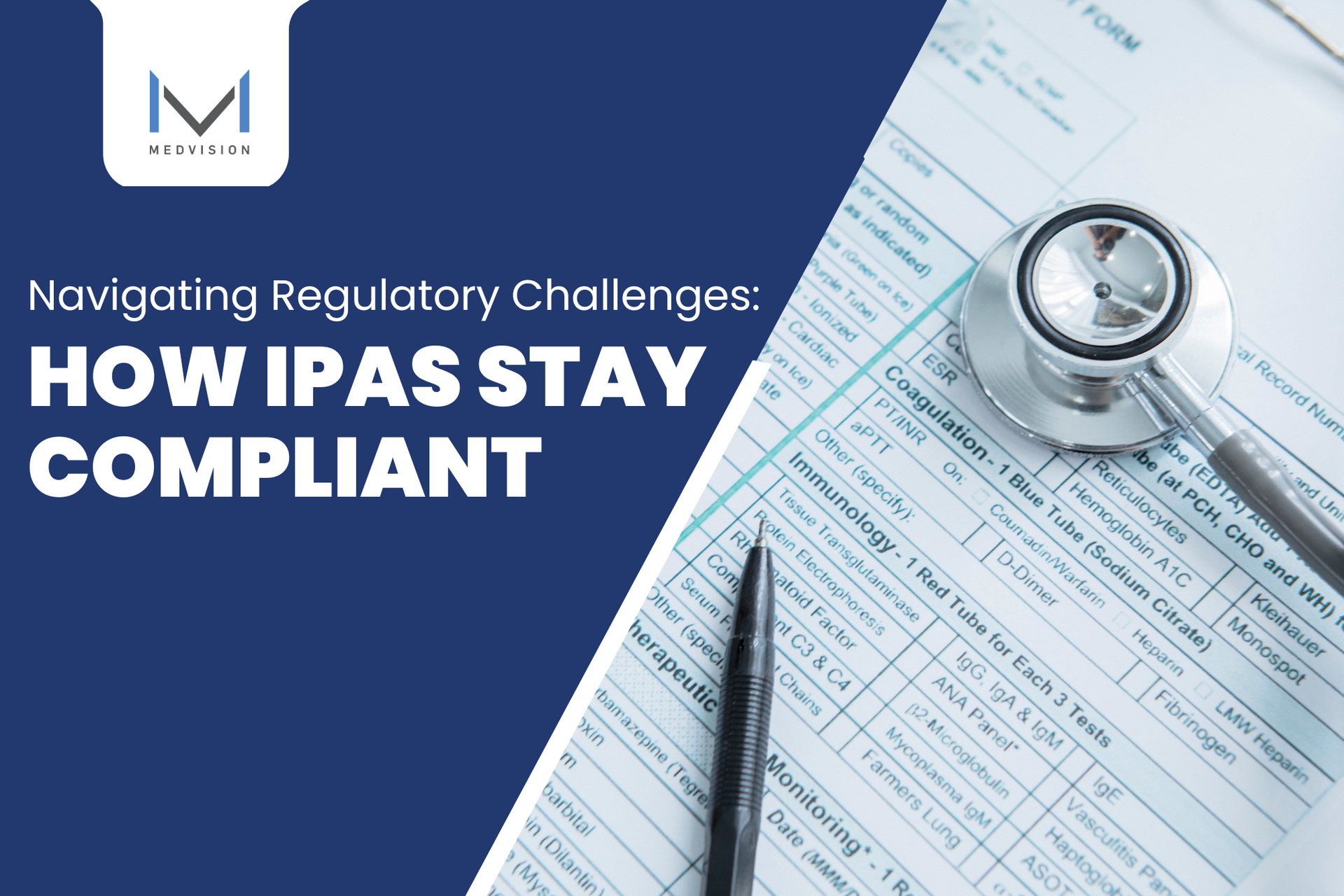Benefits of Care Coordination Software for Case Management
Care Coordination and Case Management
Care coordination and case management are terms within the healthcare system. But what exactly does care coordination and case management mean? How do you differentiate the two?
According to a study by the Faculty of Health Sciences, case management has a lot of different names and terminologies; however, case management is generally considered as a system that supports coordination and management of health care. On the other hand, care coordination is commonly viewed as the system of coordination between parties involved in providing healthcare services. To put it simply, the definitions of both care coordination and case management can still be vague depending on who you ask, but don’t worry because this article will help clear things out.
What is care coordination?
Basically, care coordination is the system of how different people coordinate with each other to provide a patient’s healthcare services. So care coordination covers the collaboration between providers, specialists, nurses, clinical staff, and everyone else who is involved in the treatment and care of a patient.
The main goals of care coordination systems are to minimize repetitive services, like tests and procedures, streamline how patients receive healthcare services, improve the communication of information between providers, and ultimately reduce unnecessary healthcare costs.
Read this article to know more about the impacts of care coordination to healthcare organizations: How does care coordination impact healthcare & payer organizations?
What is case management?
The main goal for case management is to reduce costs while providing the needs of a patient. Unlike care coordination systems, which deals with a broader aspect of coordination between healthcare providers and services, case management focuses on the needs of a specific patient or case.
The primary priorities of case management is to meet guidelines that are needed for a specific case. This means that case managers, who are commonly nurses or medical staff, are the primary people responsible for the direction of the processes under a patient’s case. Additionally, companies and facilities like insurance companies, healthcare companies, outpatient care providers, and hospitals can assign a case manager to look over a patient’s case.
The Role of Case Managers
Since cost reduction is the main goal of case management, the primary concern of a case manager is to make sure that the medical services of a patient are properly coordinated and paid for. In addition, case management also includes the collaboration between the case manager and the insurance companies to make sure that the services are under the patient’s coverage. Furthermore, case managers also manage the processes of ongoing services like regular checkups, outpatient care, and any other medical needs that patients require over time.
Why get a care coordination software to improve case management?
According to a study from the World Economic Forum (WEF), by the year 2022, 62 percent of an organization’s data storage and data processes will be executed via computers. So if companies want to stay relevant in an ever competitive and demanding healthcare industry, they need to start investing in technologies that can improve their operational needs.
Modern software solutions like QuickCap 7 are now designed to handle the numerous needs of healthcare and payer organizations. And getting an advanced care coordination software is a good start in improving your case management workflow.
Case managers benefits from care coordination software through easy gathering and submission of data like patient details, provider information, benefit coverages, triage information, authorizations, and everything else related to managing a patient’s case. Case managers also benefits from care coordination software through tracking and facilitating complicated cases, so they can coordinate with providers and organizations better, which leads to better patient outcomes, reduced costs, and more revenue for everyone involved.
QuickCap 7 is more than just a care coordination software
QuickCap is a web-based application that can help payer organizations streamline their case management workflow. QuickCap is equipped with specific case management features where users and case managers can handle everything related to case management.
With QuickCap’s case management features, you can:
- Submit case referrals through multiple sources
- Easily review, approve, or deny case referrals
- Directly submit a new case
- Search for existing cases
- Assign cases and case managers
- Configure care plan templates
- And many more
With QuickCap, you can simplify your healthcare processes, accelerate your case management workflow, and improve your financial outcomes.
Explore more blogs
Recently published articles
Keep in touch
Subscribe to get the latest update
Trending topics
Share your insights on social media
Upcoming events and company news

















